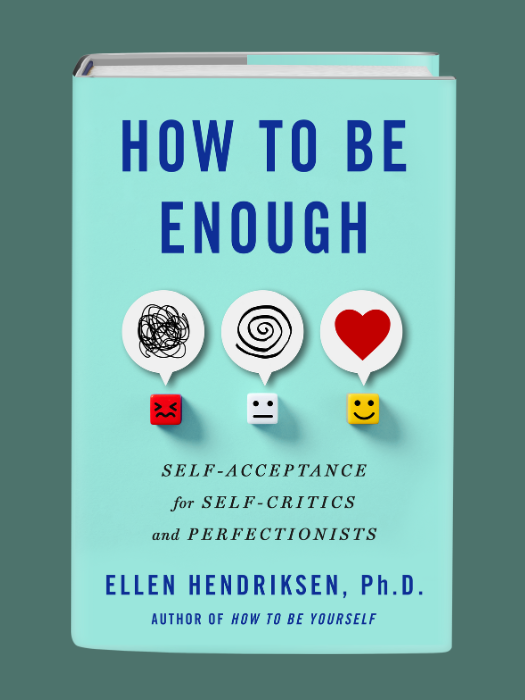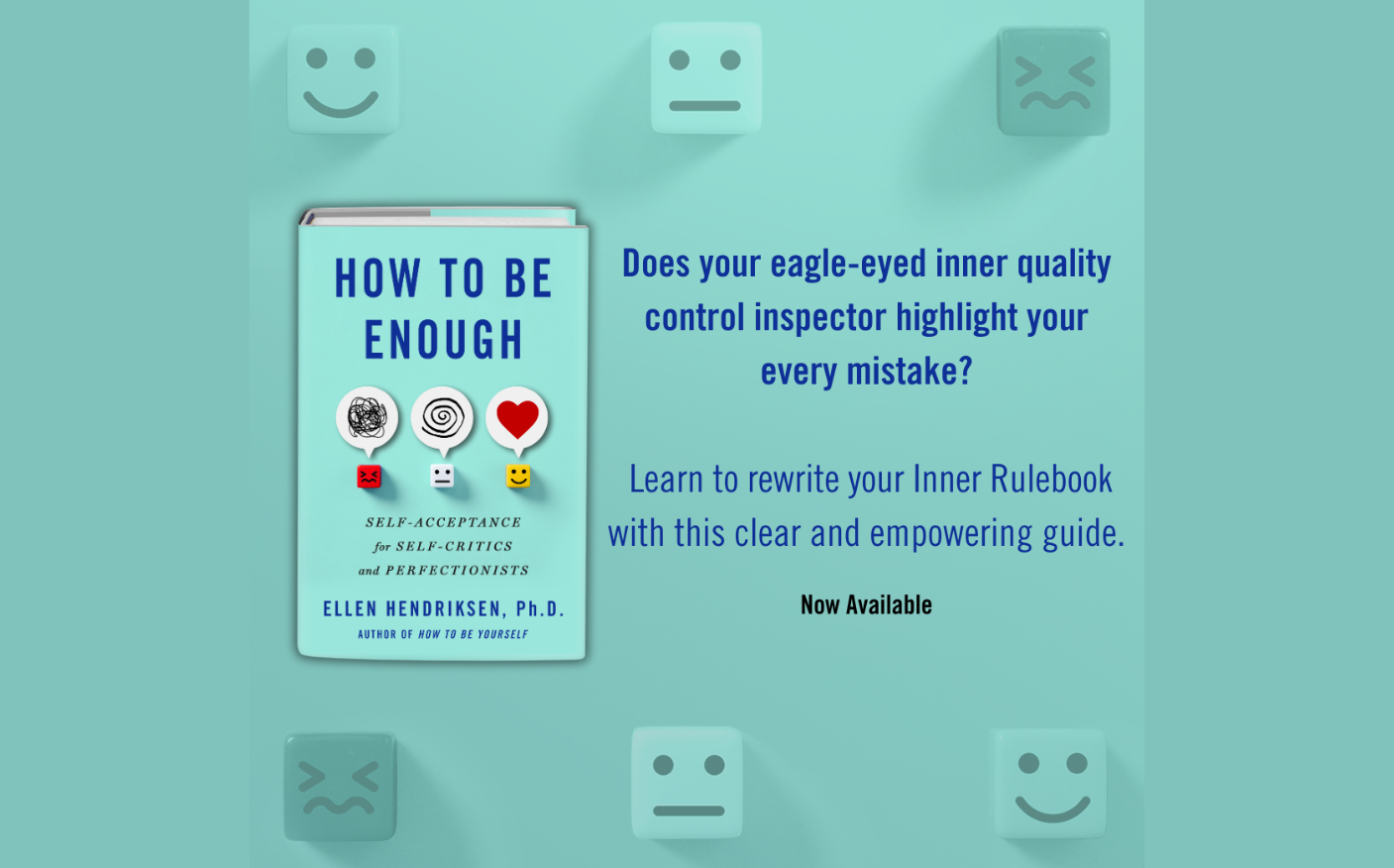How To Be Enough – Overcoming Perfectionism
Do you consider yourself a high achiever? Yet, deep down, you still feel like you’re not doing enough.
This summer, while coaching, I met some amazingly accomplished women. I wasn’t surprised by their success, but I was struck by how many still felt they had more to prove. No matter how much they did, it never felt like enough.
A common thread among successful people is all-or-nothing thinking. For example:
“I am only a good worker if I stay at the office after everyone else has gone home.”
“I am only a good student if I score at least 90% on every assignment.”
“I’m only a healthy person if I eat clean and avoid processed food at every meal.”
These aren’t just high standards—they’re impossible to meet every single day. And as soon as one goal is reached, the feeling of success is fleeting, before the the bar moves even higher.
This cycle can lead to burnout—or, in some cases, total avoidance because what’s the point if you can’t reach those standards?
Overcoming Perfectionism
A psychologist might encourage you to deliberately drop a few balls—and learn to sit with the discomfort. The goal isn’t to lower your standards. It’s to break the habit of tying your self-worth to constant striving and achievement.
It’s great to aim high.
Hard work and big goals matter.
But they do not define who you are as a person.
Clinical psychologist Ellen Hendriksen offers a helpful mindset shift: instead of rigid, all-or-nothing labels, allow yourself some flexibility. Here are some examples from her book, How to Be Enough:
“I’m a hard worker who procrastinates.”
“I’m a good student who sometimes gets a low grade.”
“I’m a healthy person who is sometimes unhealthy.”
These small shifts in self-talk can retrain your brain to embrace step-by-step progress over perfection.
Is Perfectionism a Personal Problem—Or a Societal One?
But it makes me wonder: Is perfectionism really an individual problem? Or is it a response to pressure from the outside?
If perfectionism is shaped by the world around us, then the burden shouldn’t fall solely on individuals to fix it. Instead, we need to question the expectations placed on us—by workplaces, communities, governments, and even our own families.
What You Can Control
I’m getting existential here, looking at the big picture. I don’t expect society to change overnight. But while we wait for progress, you can take steps to ease the pressure on yourself.
- You can challenge the belief that your worth depends on achievement by trying out the exercise above.
- You can practice self-compassion when things don’t go as planned.
- You can choose to let go of perfection, little by little.

A great place to start is to read How to Be Enough by Ellen Hendriksen, Ph.D., one of the best books to overcome perfectionism. (If the name seems familiar, I’ve mentioned my love of her book about Social Anxiety many times – here , here and here).
She has a warm, engaging way of weaving real-life stories with the science, making it easy to recognize yourself in every chapter. I particularly appreciate the self-effacing way she writes, not as an expert telling you what to do, but as a friend who gets it. And, like all great self-help books, it’s filled with practical strategies to apply in daily life.
If you’re ready to be kinder to yourself, this book is a compassionate guide. How to Be Enough is available now. (By the way, I am not affiliated with the author or booksellers and do not get paid for writing this, I just genuinely like the book).
And remember—you don’t have to be perfect to be worthy. You are already good enough.
What to do next:
You might also like to listen to this podcast episode of The Happiness Lab with Dr. Laurie Santos talking with Oliver Burkeman about How To Embrace Imperfection.
If you like this blog post, you’ll enjoy being part of my fortnightly newsletter. You can sign up to the right, to the right ➡➡

